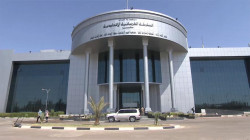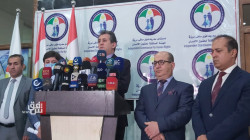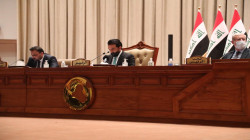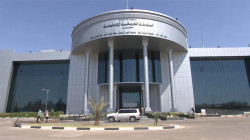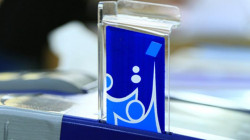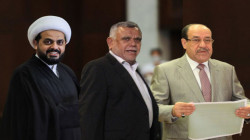IMK criticizes Federal Court decisions as "biased"
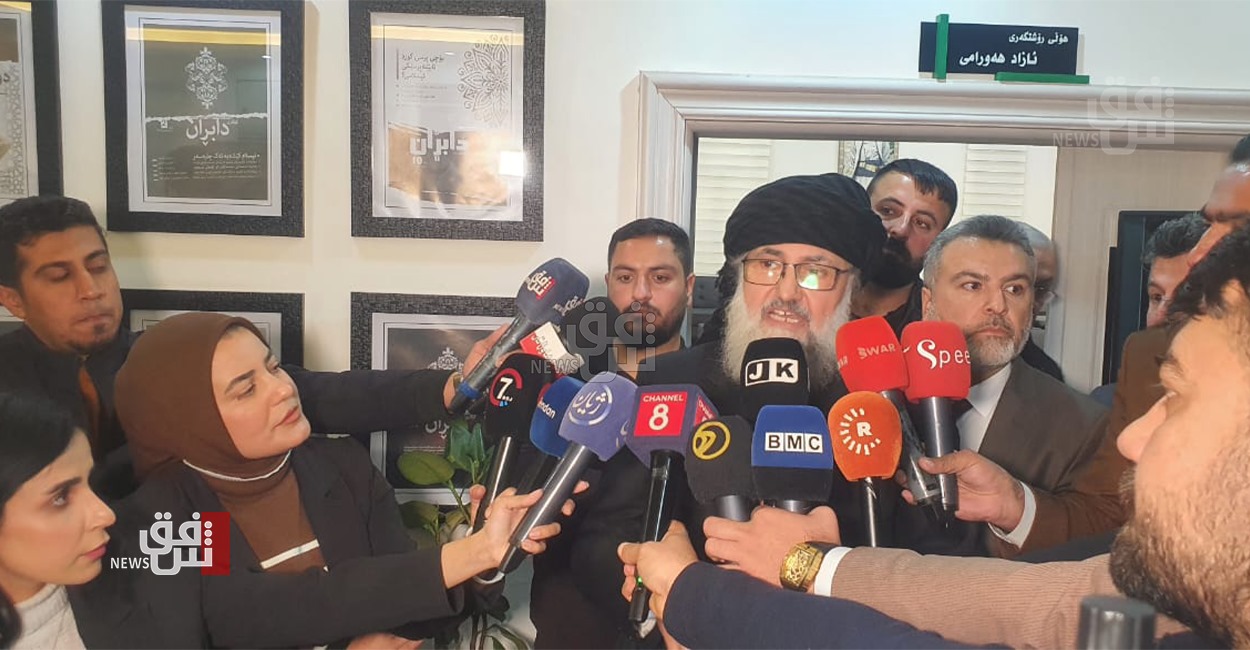
Shafaq News / The leader of the Islamic Movement in Kurdistan (IMK), Erfan Abdul Aziz, described the decisions of the Federal Court as "biased" against some segments and components of the Iraqi people.
Erfan Abdul Aziz stated that "employees in Kurdistan have resorted to the Federal Court to ensure they receive their salaries," explaining that "the decision of the Court may seem legal on the surface, but what we have noticed is that most of its decisions were against the Sunnis in the central and southern regions and against the Kurds in the Kurdistan Region, and its decisions are based on the principle of (twisting the truth)."
He added, "The issue of converting the Region into multiple electoral districts is a normal matter, but it could have addressed the problem of minorities by designating a single electoral district for them to ensure their rights."
He pointed out that "IMK has begun preparations to participate in the Kurdistan Parliament elections and is expected to obtain good seats," stressing that "talk about electoral alliances and agreements at this time is premature."
On Wednesday, February 21, 2024, the Federal Supreme Court, the highest judicial authority in Iraq, decided to compel both Prime Minister Mohammed Shia Al-Sudani and Kurdistan Regional Government Prime Minister Masrour Barzani to localize the salaries of employees and workers in the public sector through federal banks.
The Federal Court also issued decisions regarding the Kurdistan Parliament elections law, and also decided that the Independent High Electoral Commission (IHEC) would replace the Kurdistan Independent Electoral Commission.
Noteworthy, the Islamic Movement in Kurdistan is a Kurdish Islamic political movement established in 1987 by a group of Kurdish religious figures during Saddam Hussein's rule.
Their goal was to resist the Ba'ath Party and promote Islamic thought while strengthening the Islamic identity of the Kurds. The movement expanded after 1991 following the uprising in which the Kurds gained control of three governorates in the Kurdistan Region.
